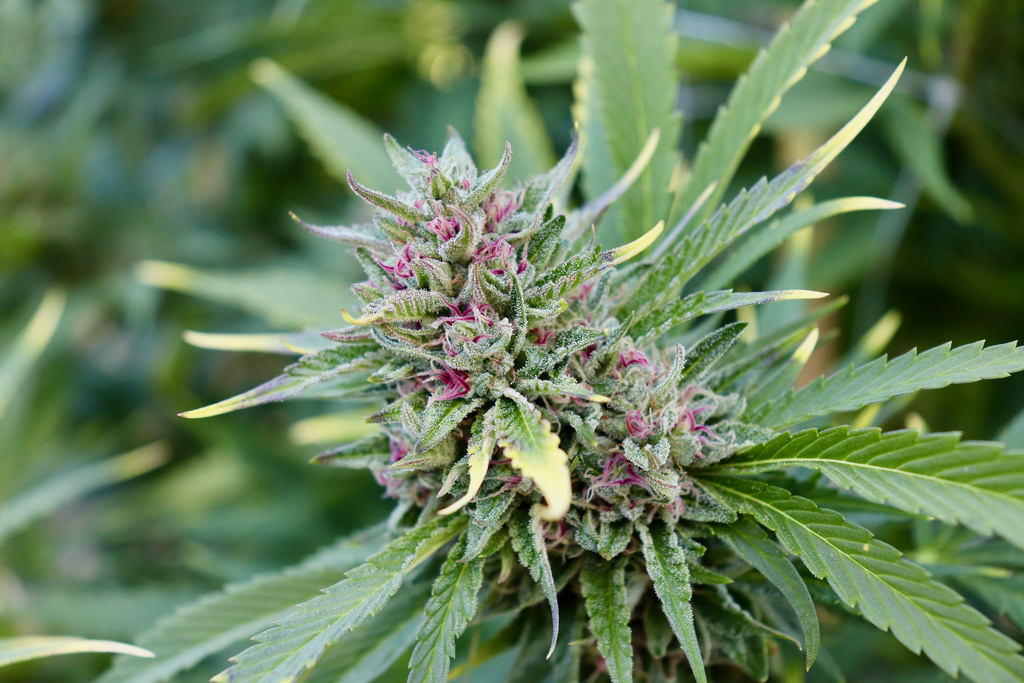Understanding Cannabis Oils and Tinctures in the UK.
Cannabis oils and tinctures are popular methods of consuming cannabis, particularly for medicinal purposes. Both offer a convenient, effective way to incorporate cannabis into your routine, but they differ in their composition, use, and effects. In this guide, we’ll explore the differences between cannabis oils and tinctures to help you decide which one is right for you.
What is Cannabis Oil?
Cannabis oil is an extract from the cannabis plant that contains various cannabinoids, most notably THC (tetrahydrocannabinol) and CBD (cannabidiol).
Key Features of Cannabis Oil:
Types: Cannabis oils can be high in THC, CBD, or a balanced mix of both. Full-spectrum oils contain a range of cannabinoids and terpenes, while isolates contain only one cannabinoid (like pure CBD oil).
What is a Cannabis Tincture?

The alcohol acts as a solvent, drawing out the cannabinoids and terpenes from the plant.
Key Features of Cannabis Tinctures:
They are typically available in a variety of strengths, allowing for more precise dosing.
Uses: Like oils, tinctures are used for pain relief, anxiety reduction, sleep improvement, and other medical conditions. Some people also use tinctures for managing nausea and improving appetite.http://Visit CannaPro
Administration: Tinctures are usually taken sublingually (under the tongue), where they are absorbed quickly into the bloodstream. They can also be mixed with food or beverages.
Cannabis Oils vs. Tinctures: Key Differences
While cannabis oils and tinctures are both liquid forms of cannabis that offer fast-acting effects, they have some notable differences:
- Composition
Oils can also contain carrier oils like MCT oil or olive oil to dilute the concentration and improve absorption.. Alcohol tinctures tend to have a stronger flavor and may be more effective in drawing out the full range of cannabinoids from the plant.
- Taste and Flavor
Cannabis Oils: Cannabis oils often have a strong, earthy taste due to the carrier oils used, and some people may find the flavor unpleasant. However, some brands add natural flavorings to improve taste.
Tinctures: Tinctures typically have a bitter, alcohol-like taste, which can be off-putting for some users. However, tinctures usually come in a dropper bottle, allowing for easy mixing with beverages or food to mask the taste.
- Onset of Effects
Cannabis Oils: When taken sublingually, cannabis oil can take about 15 to 30 minutes to take effect, but the effects may last longer, sometimes up to 6 hours or more.
The effects can also last for a few hours, depending on the dose and individual tolerance.
- Dosage Control
Cannabis Oils: Dosage with cannabis oil can sometimes be less precise, especially with thick oils. However, using a dropper can help provide a more accurate dose.
Tinctures: Tinctures often allow for more precise dosage due to their liquid consistency and the dropper method, which makes it easier to control exactly how much you’re consuming.
- Shelf Life
However, oils may degrade faster than tinctures if exposed to light or air.
Which One Should You Use?
Choosing between cannabis oil and tincture depends on your personal preferences and the effects you’re seeking. Here are a few things to consider:
For Faster Relief: If you need quick relief, tinctures might be the better choice.
For Precise Dosage: Tinctures often allow for more accurate dosing due to the dropper, making it easier to adjust your intake. If precise dosage is important to you, tinctures might be the way to go.
For Longer-Lasting Effects: If you want longer-lasting effects, cannabis oil might be a better choice. Its effects tend to last longer, which could be helpful if you’re looking to manage chronic pain or other ongoing conditions.
Taste Preferences: If you dislike the bitter taste of alcohol, you may prefer cannabis oil, especially if flavored varieties are available.
